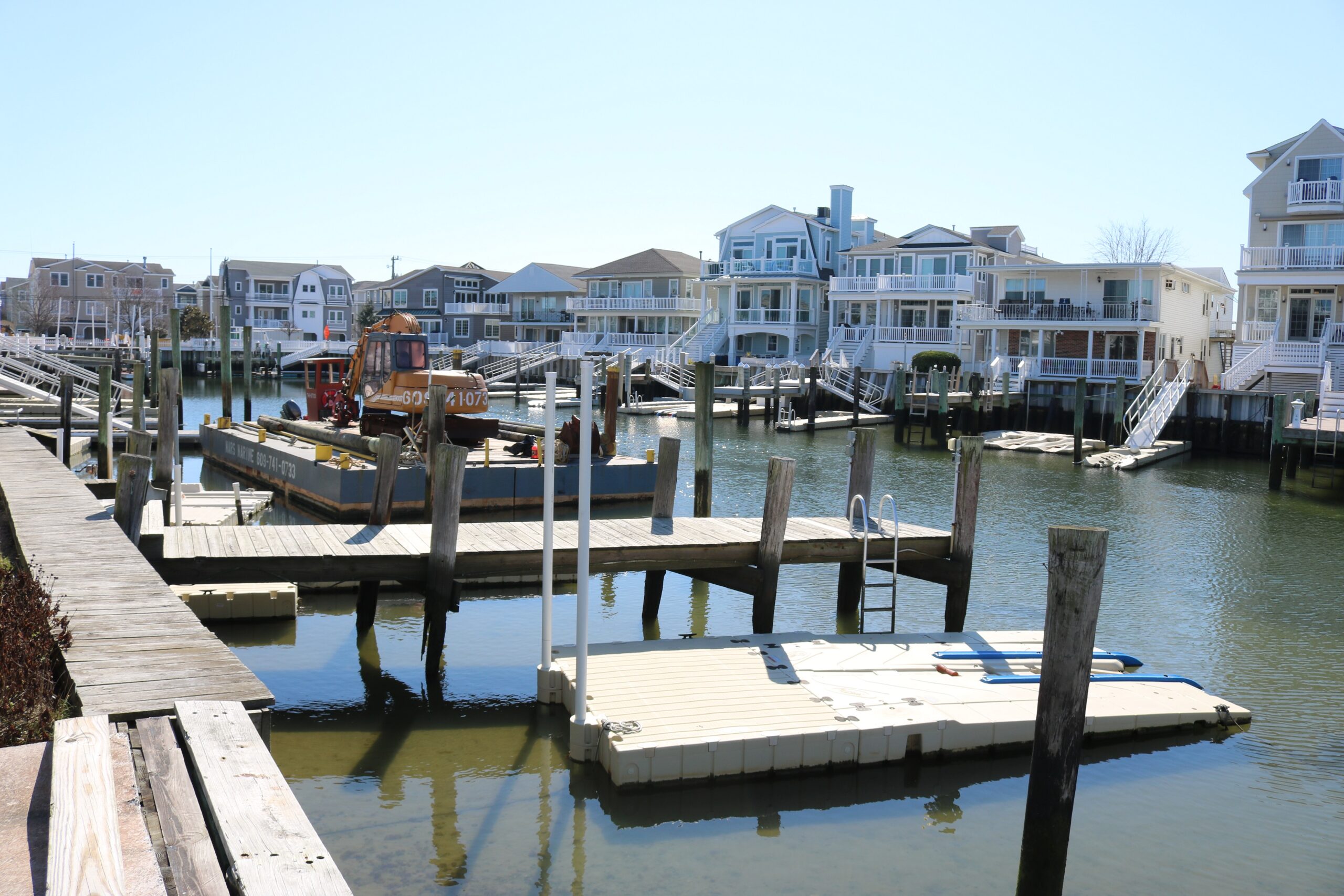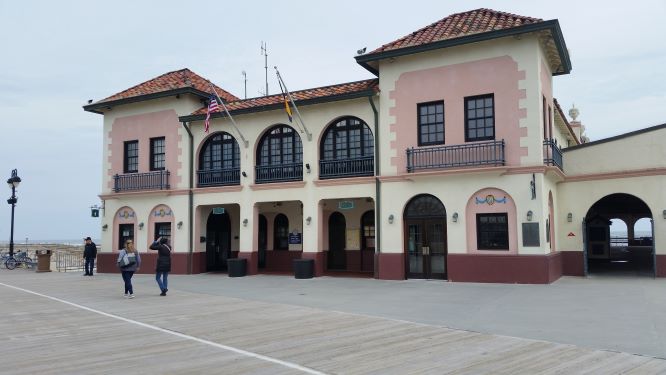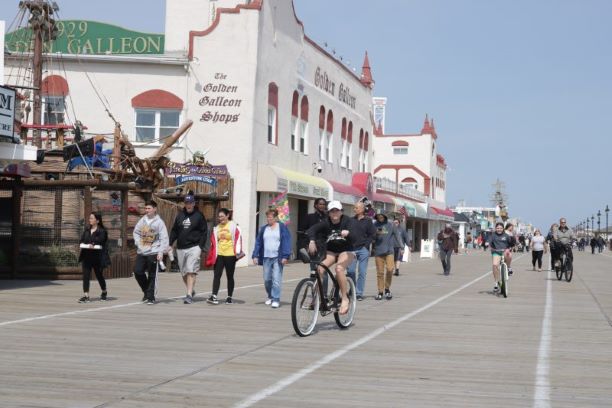By MADDY VITALE, OCNJDAILY
Ocean City has an ambitious dredging program for the back bays and lagoons to maintain the waterways so that sediment-choked channels remain a thing of the past.
Under the city administration’s multiyear, multimillion-dollar dredging program, waterways are cleared of silt and mud when needed, so that boaters, swimmers, and homeowners alike can enjoy the bay.
During its Nov. 22 meeting, the City Council approved a resolution to hire ACT Engineers Inc. for a professional services contract for construction management and construction inspection services for Ocean City’s next round of dredging.
The contract for the Robbinsville-based company totals $242,940. It consists of construction inspection and management services, sediment trap monitoring, pre and post-bathymetric work, and project management.
In September, the City Council approved a $10.9 million funding package for a series of major projects throughout Ocean City. Included in the bond ordinance was $1 million to continue the city’s dredging program.
In recent years, the city has been systematically clearing out the sediment-choked lagoons along the bayfront to make them deeper for boating traffic, the marinas, and swimming.
“Dredging is not only important to the taxpayer, it helps boaters to navigate the waters, provides an environmental balance, and is important for public safety,” Ocean City Mayor Jay Gillian said Sunday.

A rendering depicts the sediment trap at the mouth of Snug Harbor north of the Ninth Street Bridge. (Courtesy of ACT Engineers)
The Council resolution states that the city “anticipates a mechanical dredging program in 2023-24 focused on removing sedimentation at the 11th, 15th, and 16th Street outfalls, the mouth of Carnival Bayou, the mouth of Sunny Harbor, South Harbor, Waterview and a sediment trap outside of Snug Harbor.”
It continued, “Dredged materials will be offloaded at Route 52 CDF, street ends in Merion Park or approved locations for dewatering and/or offsite disposal at an approved alternative use determination facility for beneficial reuse.”
Prior to dredging any of the lagoons, there must be an initial bathymetric survey of the bay floor and then one after the dredging is performed.
A “sediment trap” is described as something similar to a bathtub.
Instead of filling up with water, it captures muddy sediment in Snug Harbor, one of the resort’s most difficult spots for muck and silt accumulating on the bottom of lagoons along the back bays.
The sediment trap was part of the dredging program a couple of years ago and needs to be monitored.
According to the resolution, the findings of the sediment trap must be reported back to the state Department of Environmental Protection and the U.S. Army Corps of Engineers.

In the distance, under the Ninth Street bridge, is one of the disposal areas for muddy sediment dredged from the lagoons.





